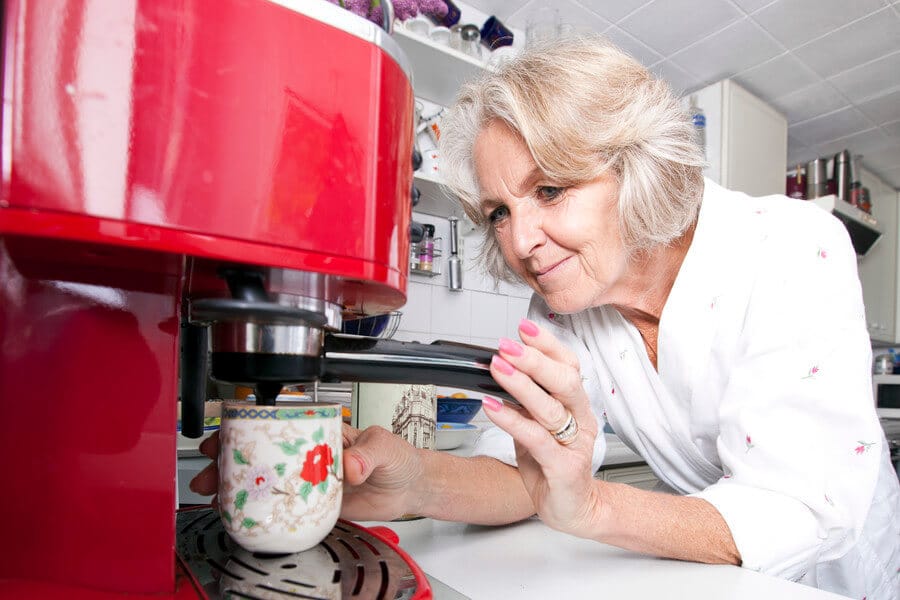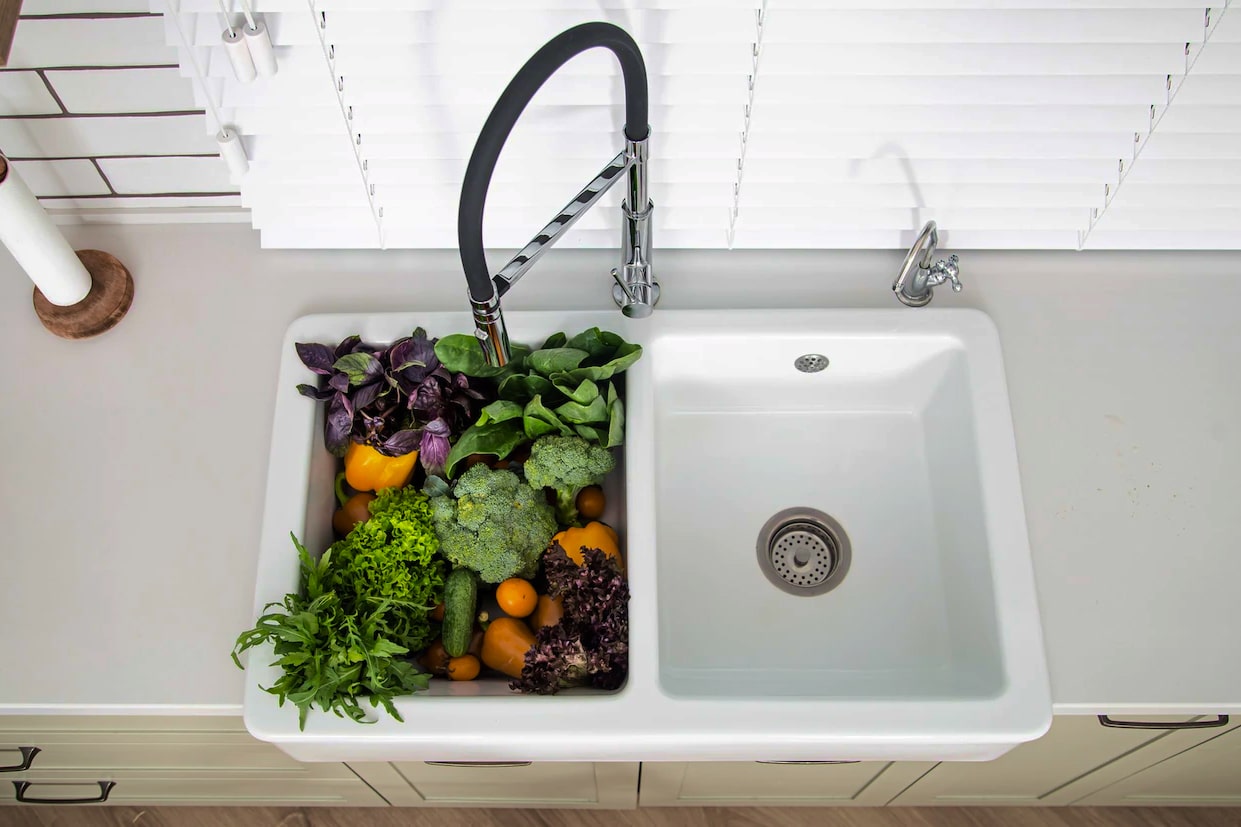Kitchen safety should be an extremely important part of any functional kitchen. While the kitchen is one of the most common areas of a home, it can also be the most dangerous at times.
Always keep a careful watch over your kitchen appliances. Making a simple pot of coffee in the morning or warming up some food in the microwave shouldn’t come with the added worry about getting kitchen electric shocks. Before you hook up a new kitchen appliance, ensure you’ve read all of the manufacturer warnings. Just like all things, small appliances also tend to deal with wear and tear over time. This can sometimes lead to experiencing electric shocks. For those that have small kitchen appliances that have to be repaired, it’s always good to consult with a licensed technician. If you don’t have any experience with electronics, you could risk getting shocked while trying to repair it for yourself.
These small appliances should have short cords:
- Food processors
- Microwaves
- Blenders
- Toasters
- Ovens
- Coffee makers
The short cord should be plugged straight into an outlet instead of using an extension cord. Sometimes extension cords can become overloaded, and this can result in experiencing a shock.
Wires can begin to fray after long-term use, and this will result in electrical wires being exposed. This means that you’ll run a higher risk of being shocked if you touch the appliance. If you notice your cords are fraying in any way, you’ll want to replace the appliance as soon as you can. Some people try to repair frayed cords with electrical tape, but that is highly advised against.
After you’re done using a kitchen appliance, it’s much safer to unplug it. Doing so will also save you on your monthly electricity bills. Up to forty percent of electricity is still being drained from small appliances when they are still plugged in.




